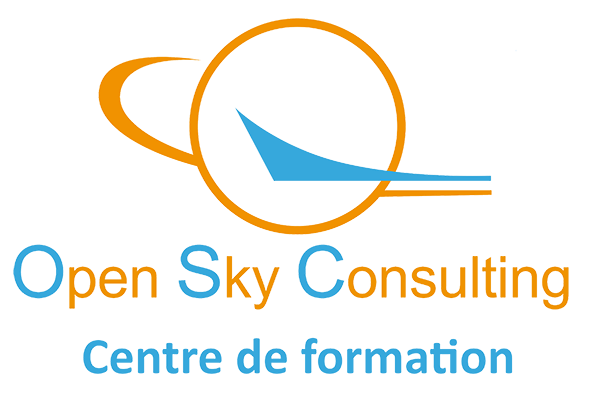Initial :
Training objectives:
– To train the personnel involved to become internal Instructors in Civil Aviation Security within TUNISAIR Handling.
Pedagogical Objectives:
Those who successfully complete this course will have a good knowledge of the general application of training principles, the preparation of appropriate teaching aids and the adaptation of course material to harmonise course objectives with local and national requirements. During the course, participants will be tested on their general knowledge of Annex 17 and the Security Manual, and will be asked to present elements of the civil aviation security training modules. Candidates are therefore advised to have a base of AVSEC knowledge and exposure to AVSEC training.
Content / Key concepts to be covered :
Module 1: Introduction to the course
Module 2: International and national regulations
– Annex 17 (latest version): security culture, emerging threats (insider threat, cyber security, manpads, etc.) Module 3: Role of the AVSEC instructor
Module 4: Learning and teaching principles
Module 5: Course organisation and preparation
Module 6: Presentation of the basic security course modules Module 7: Course development process
Module 8: Performance assessment
Module9: Basic – Presentation Practice
Module 10: Closing the course.
Methods, teaching aids and equipment :
Theoretical methods with course materials (in French)
Computer, video projection
Evaluation methods and tools :
The course is assessed by classroom discussions and culminates in a written test.
Recycling :
Training objectives
– Acquire the methodology for carrying out audits and inspections
– Understand the functions and skills required of an auditor/inspector
– Determine the appropriate methodology for conducting safety audits and inspections as part of quality control
– Prepare, conduct and present the results of safety audits and inspections as part of a practical exercise.
Content / Key concepts to be covered :
(Outline of the Civil Aviation Security Instructor Refresher course)
– Introduction
– Definitions (terminology)
– Reminder of new international and national regulations (Annex 17, PNCQ)
– Inspector profile (communication, management and teamwork skills, etc.)
– Different stages of the audit mission (preparation, conduct, audit follow-up)
– Report writing and practical exercise
– Presentation and assessment
– Closing the course
Methods, teaching aids and equipment :
Theoretical methods with course materials (in French)
Computer, video projection.
Evaluation methods and tools :
– the course is evaluated by classroom discussions and finalised by a written test.
